 I’m a huge fan of Bowen’s adult romances, especially the True North series set in Vermont. So of course I had to check out her first YA book.
I’m a huge fan of Bowen’s adult romances, especially the True North series set in Vermont. So of course I had to check out her first YA book.
Rachel is about to turn 18 and start her senior year in high school at an elite boarding school in New Hampshire. This would all be great, except for the fact that her mom just died from cancer a week earlier. And she has a complicated relationship with a long-term friend named Haze who was great during her mom’s illness. She really leaned on him, but he wants more than friendship from her and she’s not on the same page.
Add to this the fact that her father—who she’s never met—is a famous rock star named Freddy Ricks. She’s never met him because he’s basically a jerk, according to her mom, even though he regularly sent along his child support check each month. And now he suddenly wants to be in her life. He’s trying to get custody of her so she doesn’t have to stay in the group home she’s in. She knows he’s probably not trustworthy, but she’s curious and parental affection-starved enough that she goes with him back to California for the rest of the summer. She wants to know what happened between him and her mom, even though she’s too scared to ask.
Their relationship progresses a little, although there’s quite the hiccup when his mother finds out Rachel exists and immediately comes out to meet her. It’s pretty clear that Ricks is just a very successful man-child. Rachel still doesn’t really trust him and reveals very little about herself. He doesn’t really ask, though to be fair he has no idea how to be a parent.
Ricks relocates to New Hampshire to be near her once her school starts and they continue trying to get to know each other. But at that point, other aspects of Rachel’s life become possibly more important (at least they’re more immediate). That would be Jake, a boy she befriended by email and phone over the summer, her new roommate and friend Aurora, and joining the a cappella group on campus. Her relationship with Jake is especially important, because he’s someone she does want to be more than a friend, and he feels the same, even if it’s not clear that they’ll really get together.
It’s fun and satisfying to watch these two important relationships develop over the course of the book. Because although her father is never fully redeemed in my eyes, she comes to terms with the way things went before and are now. They will be okay. Jake is a nice guy, too, and I was glad to see where that went. Overall, this is a good book that will appeal to fans of YA romance, especially if you’re also into music, which features heavily.
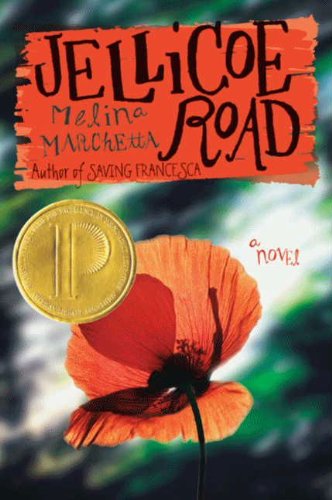 Jellicoe Road is a layered contemporary with a carefully-woven-in mystery. It’s beautifully written. But I have to admit, it’s also just the kind of book that makes me feel a little dumb, because I regularly felt like I didn’t fully understand everything that was going on (especially in the beginning). This can happen with complex books—I am often a lazy reader and don’t always pick up on very subtle nuances, which abound in this book. Still, that doesn’t make it a bad book and I did enjoy it (things made sense for me by the end).
Jellicoe Road is a layered contemporary with a carefully-woven-in mystery. It’s beautifully written. But I have to admit, it’s also just the kind of book that makes me feel a little dumb, because I regularly felt like I didn’t fully understand everything that was going on (especially in the beginning). This can happen with complex books—I am often a lazy reader and don’t always pick up on very subtle nuances, which abound in this book. Still, that doesn’t make it a bad book and I did enjoy it (things made sense for me by the end).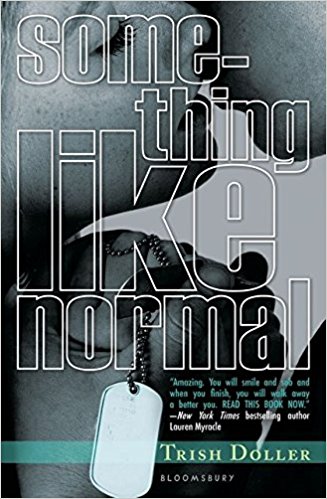 Something Like Normal is a slim book that explores a few weeks in the life of Travis Stephenson, a 19-year-old Marine home on leave after a tour in Afghanistan. His best friend there was recently killed and Travis is having apparent PTSD symptoms even though it’s undiagnosed because he’s afraid to seek help. He has nightmares and keeps thinking he’s seeing his dead friend. This definitely makes for a good story. And I did enjoy it, even though there were some things that bugged me about it.
Something Like Normal is a slim book that explores a few weeks in the life of Travis Stephenson, a 19-year-old Marine home on leave after a tour in Afghanistan. His best friend there was recently killed and Travis is having apparent PTSD symptoms even though it’s undiagnosed because he’s afraid to seek help. He has nightmares and keeps thinking he’s seeing his dead friend. This definitely makes for a good story. And I did enjoy it, even though there were some things that bugged me about it. There’s good reason this is a well-known and well-respected book. Woodson has done a great job with a tough subject, written 16 years ago—long before the publishing world started earnestly trying to make up for its lack of diversity.
There’s good reason this is a well-known and well-respected book. Woodson has done a great job with a tough subject, written 16 years ago—long before the publishing world started earnestly trying to make up for its lack of diversity. For full disclosure, this author is going to be my faculty mentor for the first semester of my MFA, which is why I picked up her books. However, I haven’t met her yet so I figured I can still be trusted with a review.
For full disclosure, this author is going to be my faculty mentor for the first semester of my MFA, which is why I picked up her books. However, I haven’t met her yet so I figured I can still be trusted with a review.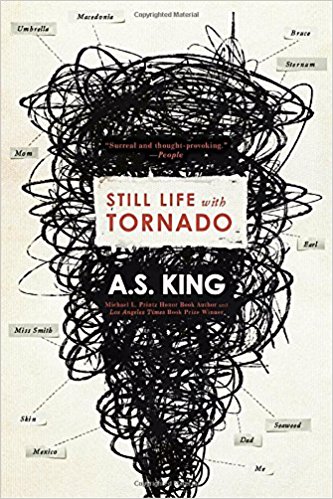 King loves to work with weird ideas, and this book is no exception. At the beginning of the book, all we know about Sarah is that something happened at school that has her unwilling to go anymore. She was a talented artist but whatever happened seemed to suck her ability to draw right out of her fingers. She wanders Philadelphia by bus and ponders how literally nothing is original. Nothing she does, nothing anybody else does, nothing. She’s depressed and having an existential crisis.
King loves to work with weird ideas, and this book is no exception. At the beginning of the book, all we know about Sarah is that something happened at school that has her unwilling to go anymore. She was a talented artist but whatever happened seemed to suck her ability to draw right out of her fingers. She wanders Philadelphia by bus and ponders how literally nothing is original. Nothing she does, nothing anybody else does, nothing. She’s depressed and having an existential crisis.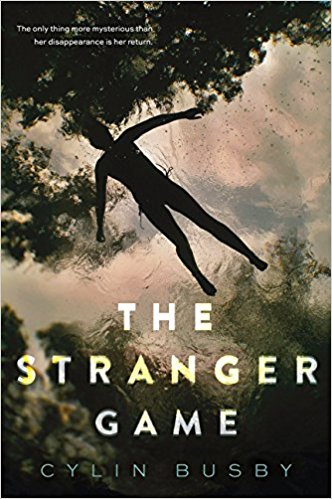 I was excited to read this book, as it sounded like a nice psychological thriller, a genre I enjoy but don’t read much of. Nico Morris’s older sister, Sarah, disappeared four years earlier when she was fifteen and Nico was eleven. And now she’s back.
I was excited to read this book, as it sounded like a nice psychological thriller, a genre I enjoy but don’t read much of. Nico Morris’s older sister, Sarah, disappeared four years earlier when she was fifteen and Nico was eleven. And now she’s back.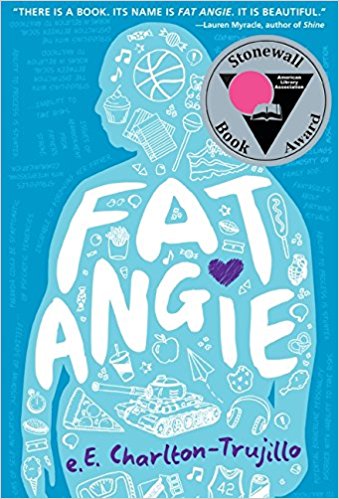 I’ll start off by saying that this is an unusual book. This is mostly because of the point of view, which I’ll go into more below.
I’ll start off by saying that this is an unusual book. This is mostly because of the point of view, which I’ll go into more below.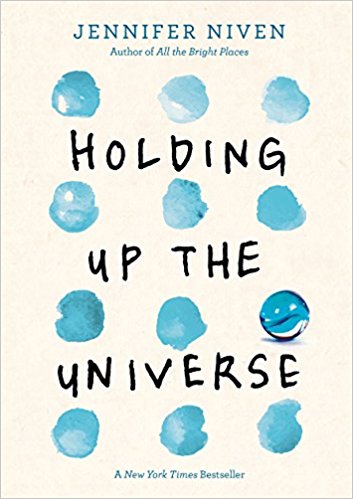 Niven’s other YA book, All the Bright Places, is probably going to remain one of my favorite YA novels of all time. So Holding Up the Universe had a lot to live up to, for me.
Niven’s other YA book, All the Bright Places, is probably going to remain one of my favorite YA novels of all time. So Holding Up the Universe had a lot to live up to, for me.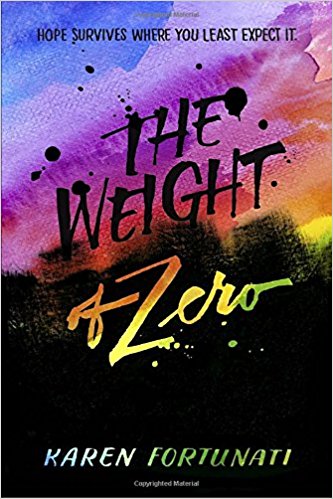 There has been a lot of books about mental illness coming out lately, which I think is great as long as the author handles it carefully. The Weight of Zero is definitely a standout in the crowd of these books for its authenticity and solid story.
There has been a lot of books about mental illness coming out lately, which I think is great as long as the author handles it carefully. The Weight of Zero is definitely a standout in the crowd of these books for its authenticity and solid story.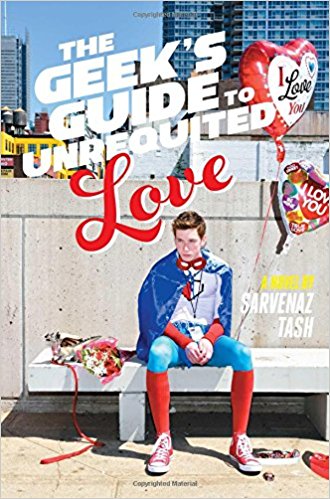 Who knew you could write a book set almost entirely at a comic con? Apparently you can because Tash managed it.
Who knew you could write a book set almost entirely at a comic con? Apparently you can because Tash managed it.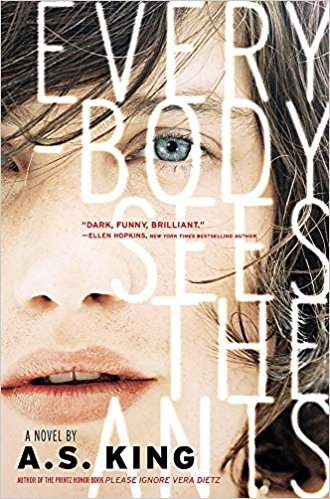 Everybody Sees the Ants is outwardly about bullying, but it’s really about many things, including masculinity, self-respect, and standing up for yourself. It’s really creative and like many of King’s books, has more than a touch of magical realism.
Everybody Sees the Ants is outwardly about bullying, but it’s really about many things, including masculinity, self-respect, and standing up for yourself. It’s really creative and like many of King’s books, has more than a touch of magical realism.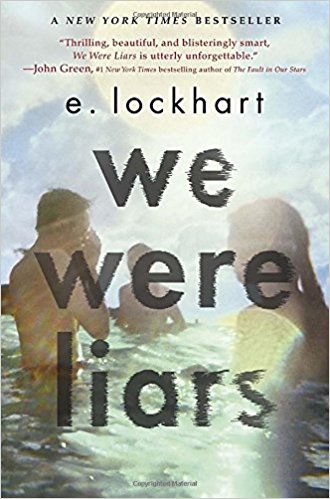 Lockhart is definitely a writer I admire, and one of the things I like most about her is the fact that she is so versatile. All her books (or series, at least) are so different from each other. That’s some skill.
Lockhart is definitely a writer I admire, and one of the things I like most about her is the fact that she is so versatile. All her books (or series, at least) are so different from each other. That’s some skill.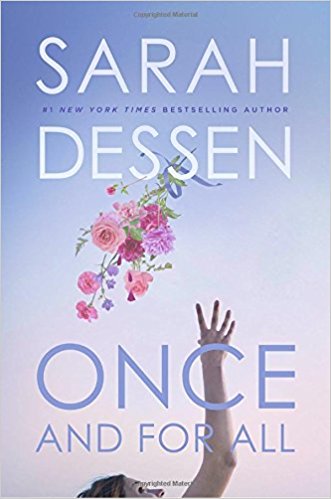 Dessen is one of my favorite YA authors because she paints such realistic teens. Yes, they’re white and usually reasonably well off with mostly functional families around them. But still, she digs deep into their lives and makes even an average girl interesting.
Dessen is one of my favorite YA authors because she paints such realistic teens. Yes, they’re white and usually reasonably well off with mostly functional families around them. But still, she digs deep into their lives and makes even an average girl interesting.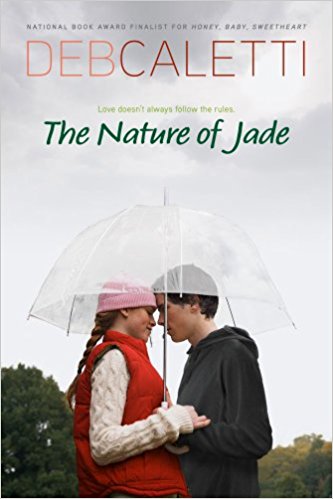 I always like a good book that deals with mental health issues, as long as it does so realistically and non-preachily.* The Nature of Jade fits the bill.
I always like a good book that deals with mental health issues, as long as it does so realistically and non-preachily.* The Nature of Jade fits the bill.